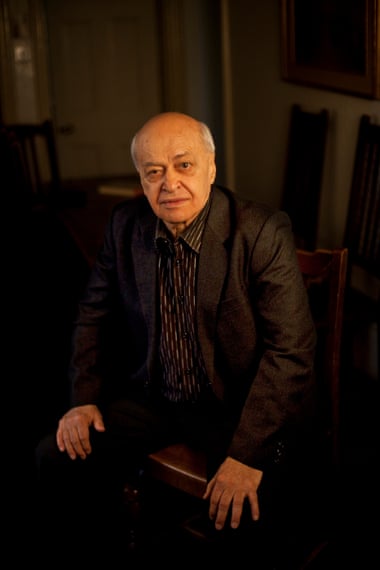Critics argue that depictions of tender emotions like love, caring, and sympathy can be classified as sentimental when they appear contrived and artificial rather than natural and real. This not only makes sense, but is also easily observable in many works of art and literature in which sentimental depictions are an affront to decorum and good taste.
Encountering sentimentality creates feelings of discomfort. At the most basic level, we detect that we are being lied to. Though the emotions presented are generally regarded as "good", they are presented in a manner that is too tender, too ideal, and too "good" to be true. Sentimentality makes syrupy that which should merely be sweet.
At the same time, I have noticed that the line demarcating the sweet from the syrupy keeps moving further from the sweet and deeper in to the syrupy. More specifically, what might have been considered sweet a decade or two ago is now considered syrup; what was once considered moving and authentic is now considered schmaltzy and kitschy.
The line between the romantic and the sentimental has all but disappeared. It very much seems that all tender emotions have been relegated to the realm of sentimentalism.
Be that as it may, most negative emotions do not appear to have suffered the same fate. Depictions of hatred, anger, or lust are rarely criticized for being exaggerated or contrived. On the contrary, they are often lauded for their sincerity and "reality". Inflated depictions of tender, positive emotions tend to leave people unmoved, while overdone depictions of harsh, negative emotions tend to move people a great deal.
Modern people seem to relish picking out the "emotional lies" in nineteenth-century paintings and novels that idealize friendship, love, or caring, but appear oblivious to the "emotional lies" in modern news stories and government communiques that incite resentment, anger, or fear.
Especially fear. The past eighteen months have taught us that unlike love or caring, fear appears impervious to exaggeration. Moreover, most moderns refuse to acknowledge that fear too can be contrived.



 RSS Feed
RSS Feed

